Units fall as property sector awaits stimulus
Apartment builders and developers are facing price drops of up to 20 per cent at the top end and sales in housing estates have slowed.
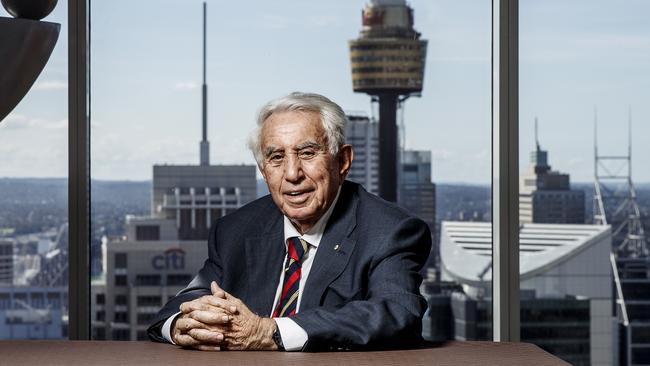
Apartment builders and developers are facing price drops of up to 20 per cent at the top end and sales in housing estates have slowed, putting a further squeeze on a property sector that remains key to lifting the economy out of its recessionary dive.
Apartment kingpin Harry Triguboff said luxury units had the largest falls of around 20 per cent while units at the lower and medium range dropped 10 per cent.
Mr Triguboff said that price falls varied across his apartment empire, depending on local conditions.
The falls come as developers and the building sector bet on a lift as the Morrison government prepares to outline a multi-billion-dollar construction and home renovation package targeted at creating jobs in the sector.
“There is a very limited number of people who wanted to pay the top price,” Mr Triguboff said of sales of luxury units at his Dee Why development on Sydney’s northern beaches.
Closer to the Sydney CBD in Pagewood, where Mr Triguboff is building thousands of units, he said there may be an oversupply of apartments, but is hopeful of a pick-up in the wake of the virus lockdown.
“In the beginning prices were higher than they are now,” he said. “But the whole market is getting better. It has somehow met its equilibrium. With the virus apartment sales dropped, but now sales are improving.”
His comments come with Australia on track to end its world-beating, three-decade streak without a recession after new ABS data on Wednesday showed Australia’s March quarter GDP contracted 0.3 per cent. The result is the worst since 2009 and locks in a technical recession as the current June quarter is also expected to contract at a faster rate due to coronavirus lockdowns.
Stockland, the country’s largest listed residential developer, said creating new homes and apartments was one of the most important job multipliers in the Australian economy.
“We would welcome any demand stimulus measures to support the housing and construction market, as rising levels of unemployment and a decline in projected population growth place downward pressure on buyer confidence,” Stockland chief executive, communities, Andrew Whitson said.
“A clear stimulus for the housing construction sector is a powerful measure to help restart the Australian economy and support a million jobs,” he said.
Meanwhile, bathroom and kitchen product supplier GWA Group said just a 10 per cent increase in residential renovation activity could create 140,000 to 150,000 direct on-site jobs in a month, as well as jobs in related industries like concreting and window construction.
GWA managing director Tim Salt said the government could “get a double whammy” by providing parameters around the cash grants for renovations to encourage Australians to upgrade to more energy or water-efficient fixtures.
Mr Salt said the cash grants for renovations scheme should be implemented sooner rather than later.
“There is an immediacy that renovation gives you … It gets into quick wins that are beneficial to the community and the individuals that are doing the work.”
Mr Triguboff, who has projects in NSW, Queensland, Victoria and the ACT, called for people to return to work to get the economy moving, despite restrictions imposed by some state governments.
“Where is the logic that sends children to school but students don’t go to university? I can’t see the logic that bricklayers can work but we have such big problems in restaurants,” he said.
Mr Triguboff painted a harsher picture of the outlook for new developments than the relatively steady established home market.
Home prices fell through the month of May for the first time since a market recovery began last June, according to research house CoreLogic.
Prices around the country were down 0.4 per cent, led largely by falls in inner-city Sydney and Melbourne, and are still 0.6 per cent ahead for the quarter.
But residential construction drives employment in the sector and listed developers are backing stimulus measures to spark activity amid warnings that dwelling approvals are expected to deteriorate over coming months.
Lenders mortgage insurance company Genworth on Wednesday warned the economic spillover from the coronavirus shutdown would cause house prices to fall by 5 per cent in the June quarter.
Regions that were heavily reliant on tourism and hospitality would be hit by the greatest financial detriments from the pandemic, with the unemployment rate a key lead indicator for the residential property market.
Data released by the Australian Bureau of Statistics on Wednesday showed the estimated number of private sector housing approvals rose 0.8 per cent through the height of the pandemic in April. However, total building approvals fell 1.8 per cent in April in seasonally adjusted terms.
Still BIS Oxford Economics economist Maree Kilroy said the April figures were better than expected. All major states saw growth in both houses and attached dwelling, with NSW the exception as the state suffered a sizeable correction in new high density approvals.
“Dwelling approvals are expected to deteriorate over the coming months with all demand channels adversely impacted by the COVID-19 shock. Weaker off-the-plan apartment and greenfield land sales lead this further decline,” Ms Kilroy said.
Additional reporting: Gerard Cockburn, Mackenzie Scott
Ben Wilmot

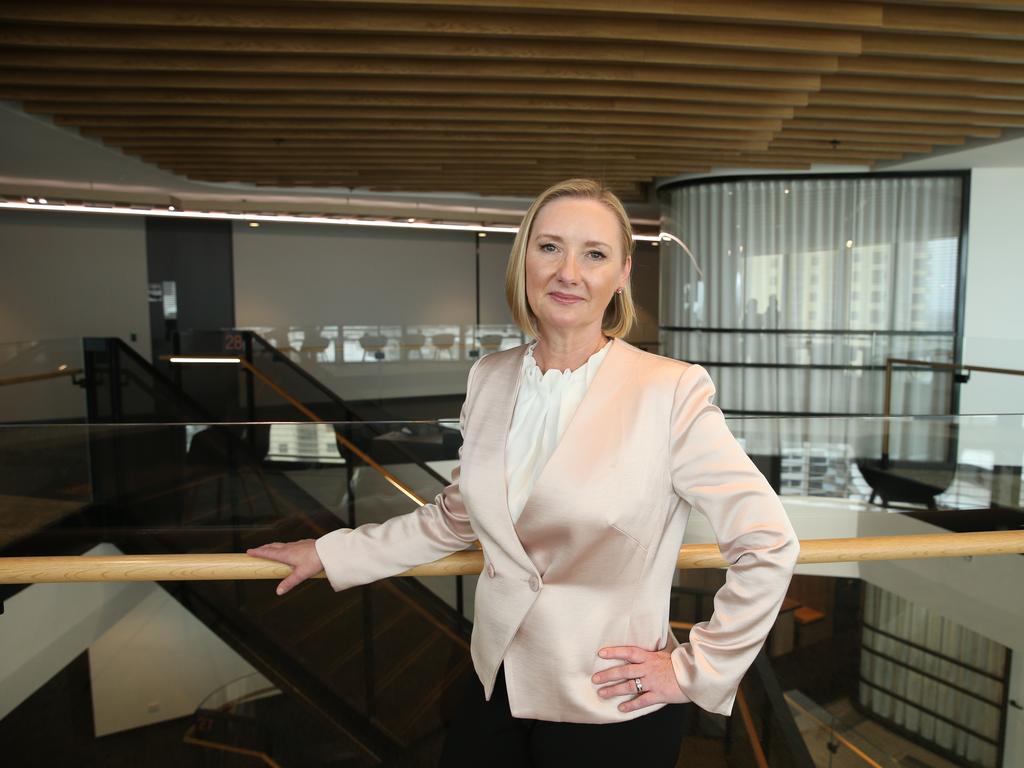
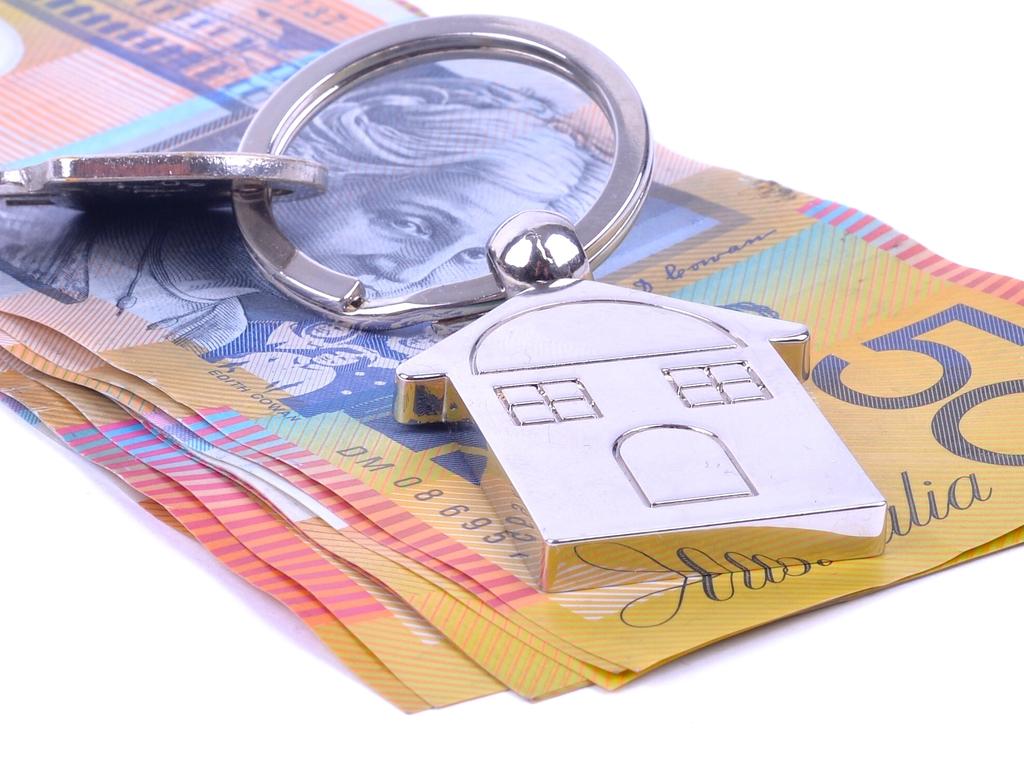
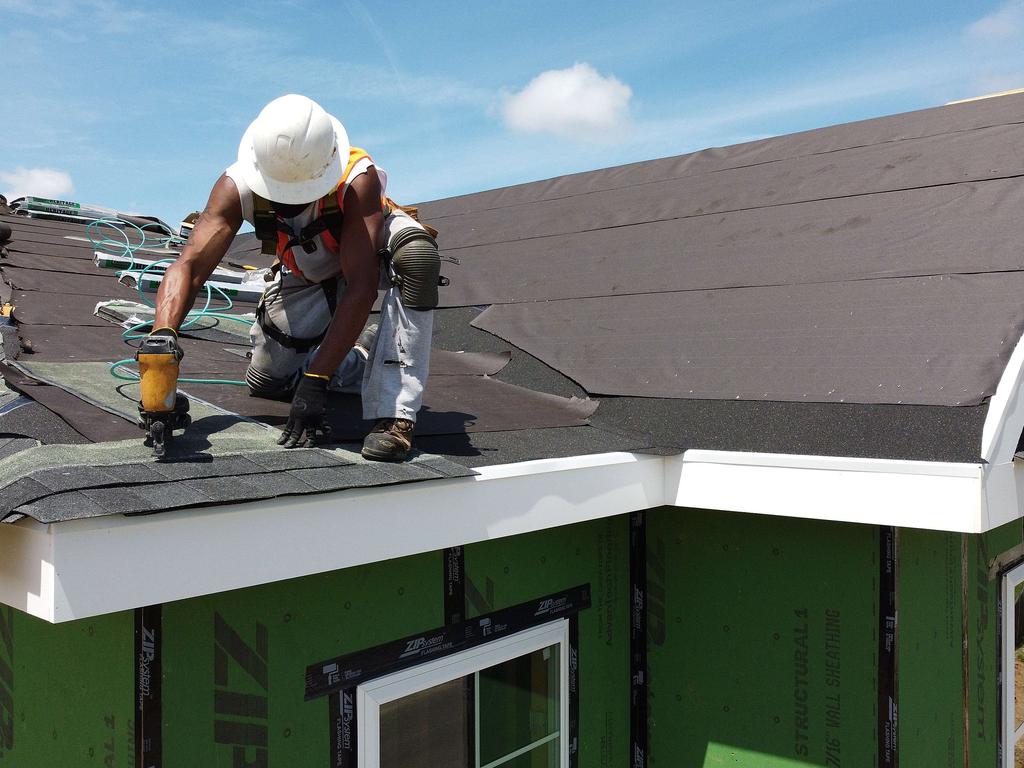
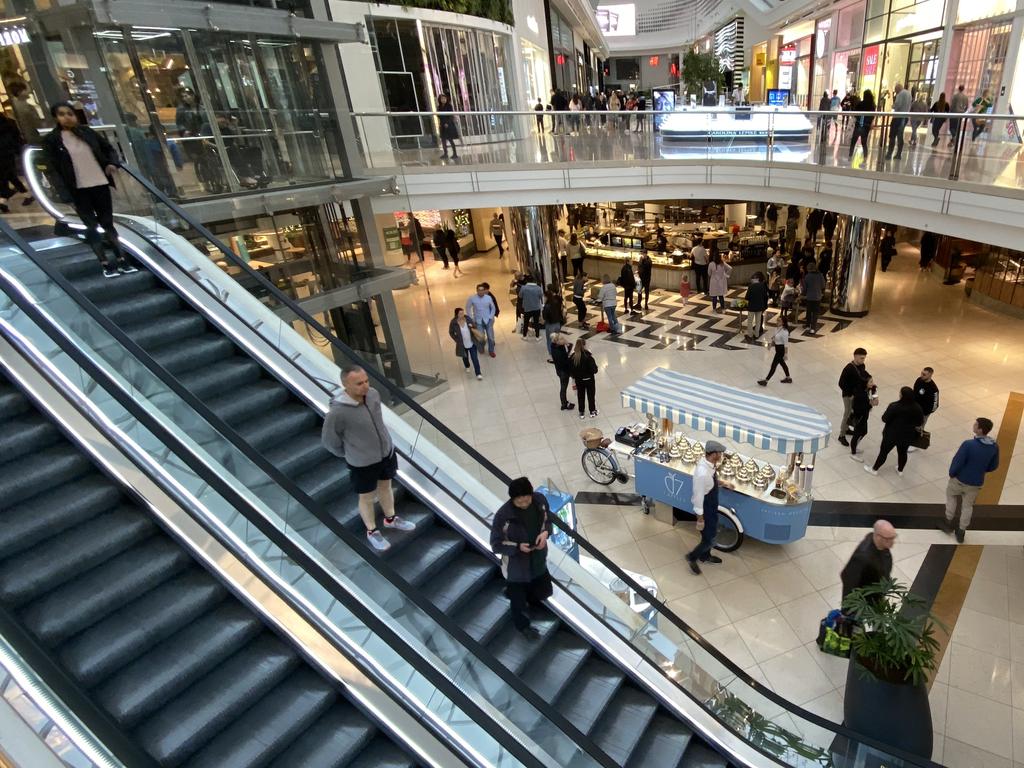

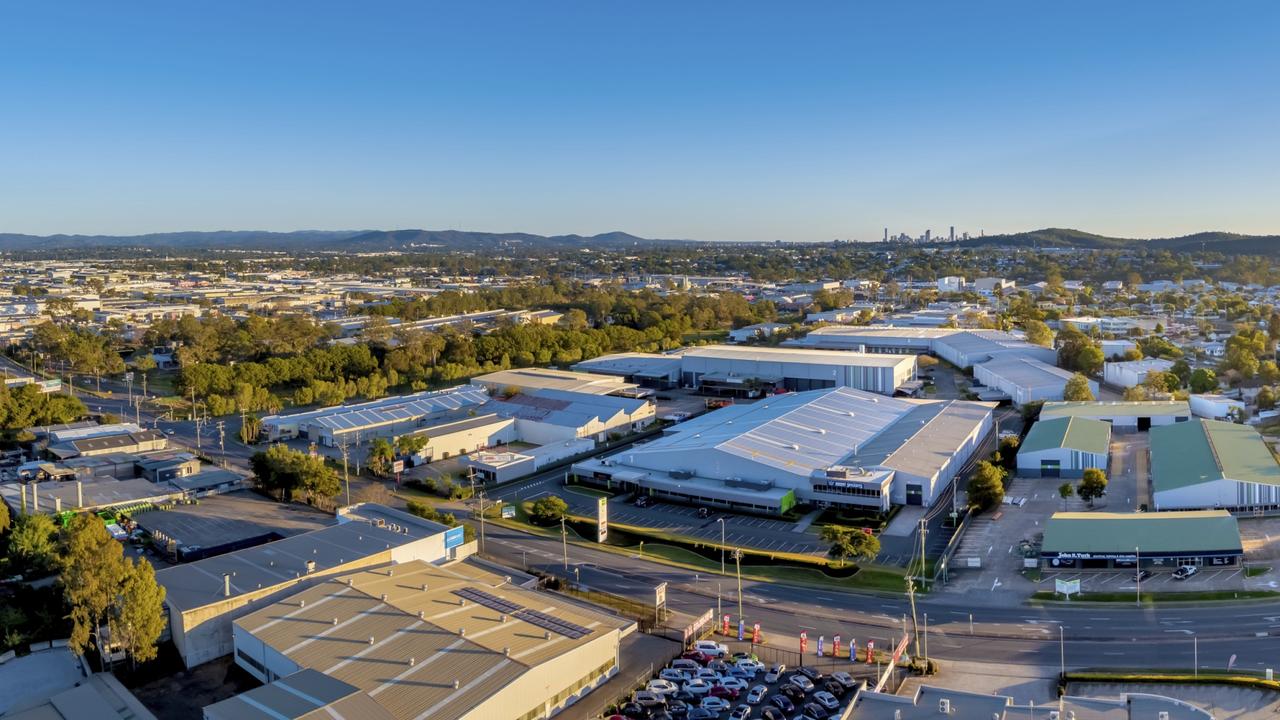
To join the conversation, please log in. Don't have an account? Register
Join the conversation, you are commenting as Logout